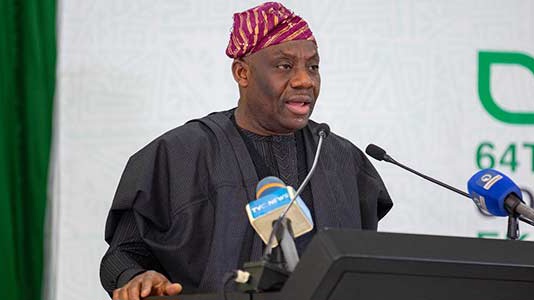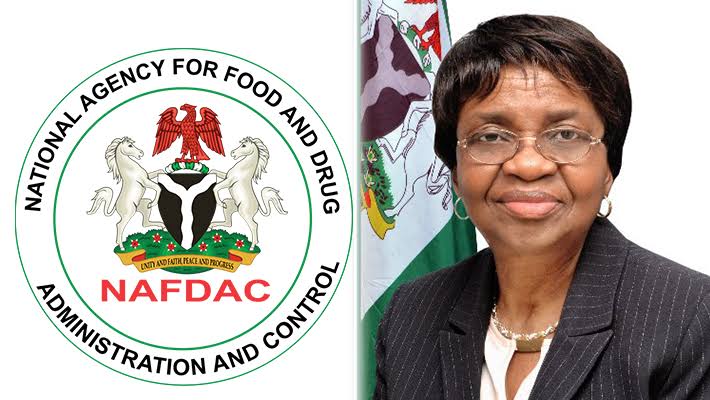The Ondo state government has commenced vaccination against Monkey pox, popularly known as Mpox disease for residents aged eighteen years and above in eight pilot areas and other high risk communities.
Mpox is an infectious viral disease that can occurs in humans and other animals. Symptoms include a rash that forms blisters, headache, fever among others.
The immunization programme which began on Monday is being piloted in Akoko Northwest, Akoko Northeast, Akoko South West, Owo, Ondo East, Odigbo, Akure South and Akure North local government areas.
The Permanent Secretary, Ondo state Primary Health Care Development Agency, Dr. Francis Akanbiemu who announced this at a stakeholders’ sensitization meeting on MPox in Akure said the vaccination was to prevent the outbreak of the disease in the state having recorded twelve cases already.
Dr Akanbiemu noted that the vaccine was new, safe, effective, and free, urging all eligible residents to present themselves for the immunisation in all the pilot local government areas.
He said primary healthcare workers had been adequately mobilize to successfully carry out the Vaccination in the target areas and called on other stakeholders to help sensitize residents to embrace the vaccine.
The Director, Disease Control and Immunization, Ondo State Primary Health Care Development Agency, Dr. Victor Adefesoye, said the injectable vaccine would be administered on victims in two doses with the spate of twenty eight days.
Dr Adefesoye disclosed that victims of Mpox, their close contacts and healthworkers would be given priority during the exercise urging residents to report any suspected case of MPox in their neighborhoods and also maintain a safe and clean environment at all times.
The State Immunization Officer, Mrs. Florence Fadiji stated that the disease could spread through contact with infected persons and advised people to maintain good personal hygiene at all times.
The stakeholders’ meeting was attended by representatives of the National Primary Health Care Development Agency, development partners, traditional rulers, religious leaders, NGOs and top government functionaries.





